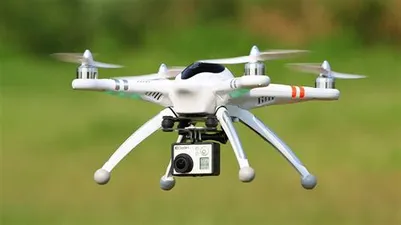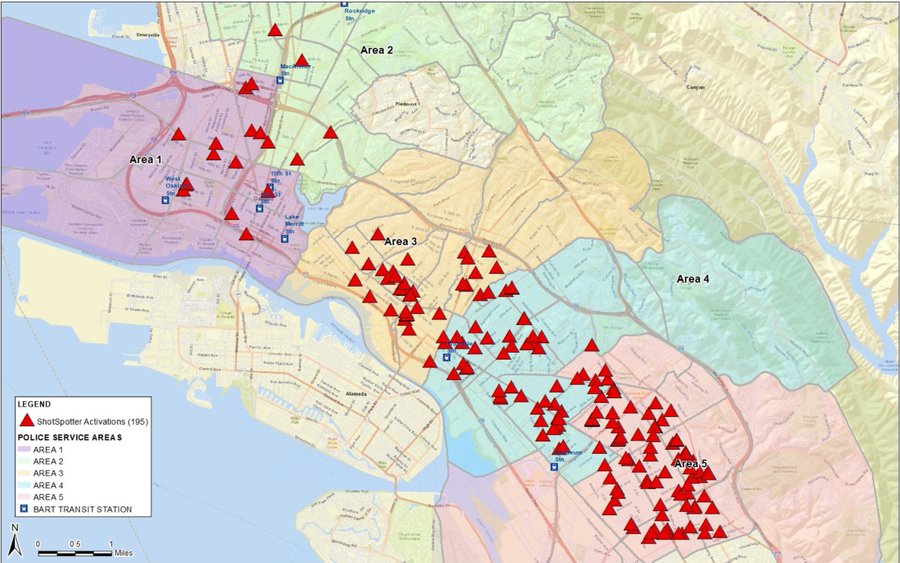Neighbors of Highland Hospital, Alameda County’s primary public hospital, were disturbed by a drone hovering about their homes at low altitude (so low that one neighbor said she could feel the vibrations from the drone underneath her feet) gathering footage from their yards and the curtilage of their home. Including themselves if they happened to be gardening or hanging out in their yards.

The drone originally showed up in April and then returned on July 1st. The drone operator told homeowner Mara Velez after she complained, that the images were being collected for a marketing video commissioned by the hospital. Velez emailed the hospital and during the drone’s second appearance, a hospital employee accompanied the drone operator and, anticipating Velez’ unhappiness with the low-flying and invasive drone, told her the health system’s attorneys had informed them they weren’t “doing anything wrong”.
But they were.




